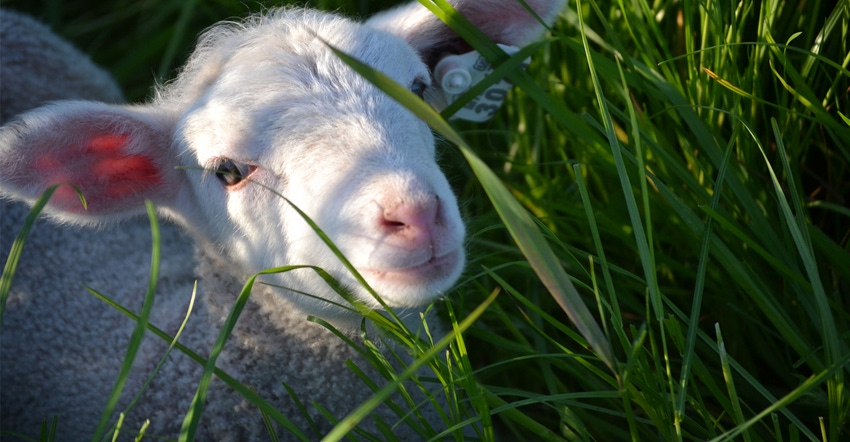May 5, 2017

Springtime is when many 4-H families are adding new animals to their farms. Bringing new animals home also means potentially bringing home new diseases. Help reduce the risk and bring home healthy animals by asking a few questions and inspecting animals properly. Michigan State University Extension also recommends providing adequate quarantine when animals are brought home.
Pre-purchase
Before buying an animal, check for the following:
• Ask for complete vaccination records to make sure animals being integrated into the herd or flock have been properly vaccinated.
• Ask about the farm history for disease. To protect an investment, it is essential to be aware of any issues.
• Find out about owner’s deworming and anti-parasitic programs. Check fecal egg counts and get a history of past deworming practices. Animals should also be checked for signs of lice, mange and ringworm.
Post-purchase
After buying an animal, follow these procedures to guarantee the health of all your animals:
• To protect the existing animal population on the farm, it is important to quarantine, or separate, new animals to ensure their health.
• Quarantine new animals for a minimum of three weeks before introducing them to the entire heard or flock.
• Use separate housing, if possible, and separate feed and feeding areas and water sources.
Provide booster vaccinations if necessary.
• Minimize stress as much as possible by providing clean, dry and comfortable housing with adequate ventilation.
• Always tend to newly added animals last. This will help prevent human cross-contamination.
Once the quarantine period is completed and none of the animals have exhibited any signs or symptoms of illness or disease, it is safe to integrate them into the rest of the herd.
To learn more about Michigan 4-H Animal Science Programs, visit the Michigan 4-H Animal Science page.
Source: MSU Extension
You May Also Like




